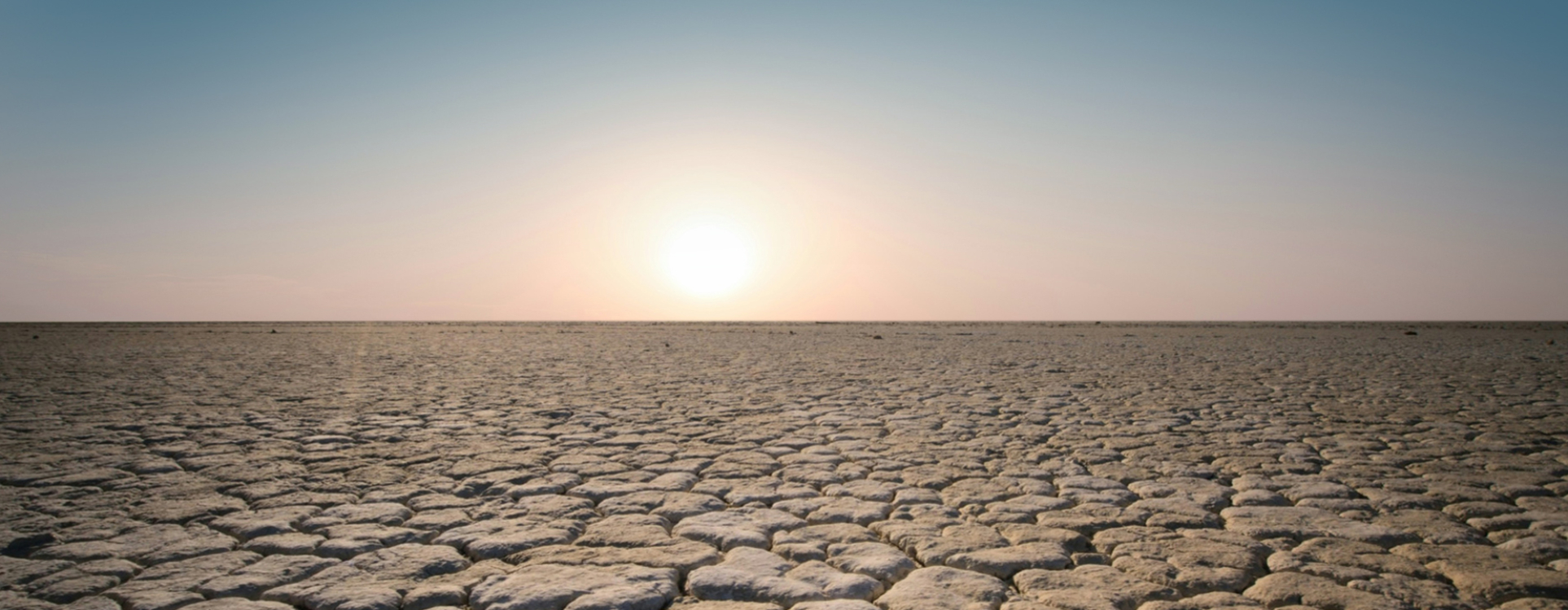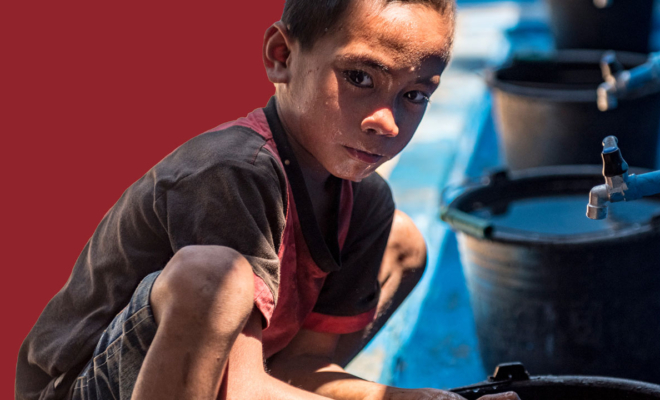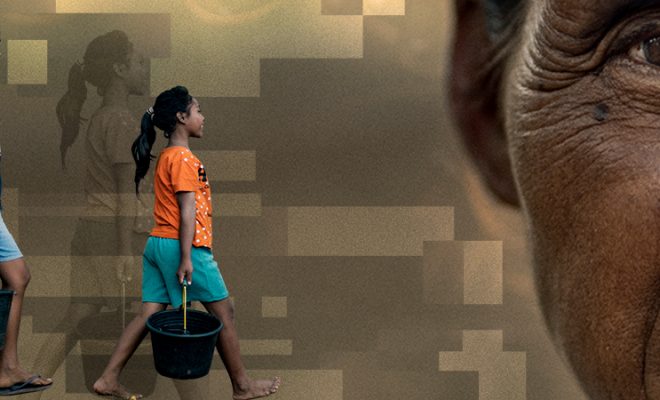“We must help with what is truly needed, not with what we think is needed.” Carlos Garriga, director of the Foundation, pointed out in Geneva that one key point is to achieve maximum efficiency in drought relief projects. The problems arising from the lack of access to water in communities are so immediate that they require urgent actions, often distant from the usual frameworks of collaboration between government institutions, NGOs, and businesses.
Garriga shared the stage with other experts in the panel “Private Sector Participation in Financing the Fight Against Drought,” a theme included for the first time specifically in the Drought Resilience +10 Conference. The conference has been organized eight times since 2013 by the World Meteorological Organization (WMO) and the FAO, with the participation of other UN agencies. The goal is to integrate knowledge and practices in response to the growing damages caused by droughts worldwide.
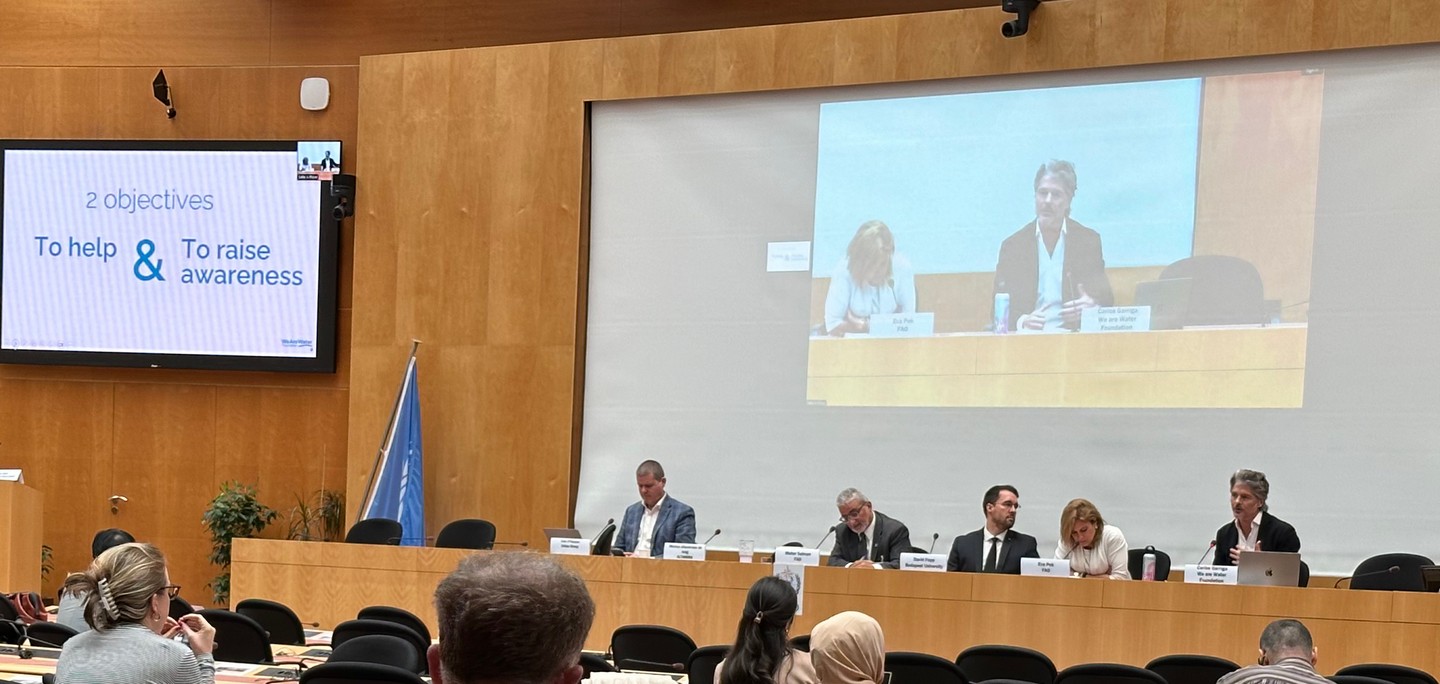
We attended the Drought Resilience +10 Conference in Geneva, the most important global discussion on drought.
The Importance of the Private Sector
Accelerating investments in efficient water infrastructure is urgent. We are in a race against climate change that requires maximum collaboration among governments, NGOs, the public sector, and businesses. The panel discussed ways to specifically unlock private sector participation in financing, which will be one of the key focuses of the upcoming COP 29 in Baku.
The panel approached the topic from three perspectives: identifying financially viable measures, assessing investment risks in measures to combat drought, and examining the role of partnerships between the public, private, and civil society in achieving resilience.
We are making very slow progress, and the UN already assumes that we will not achieve SDG 6 by 2030; however, the debate highlighted that we can do much in the short term to lift millions of people out of water poverty. To achieve this, we need to consider all possible strategies to anticipate and combat drought.
Almost two years ago, at the United Nations Water Conference, the World Bank explained that $300 billion is needed to ensure water and sanitation security for all inhabitants of the Earth; this investment would guarantee, according to the financial institution itself, a trillion-dollar benefit for humanity. In other words, for every three dollars invested, a return of ten would be obtained. However, financial benefits are not sufficient incentives to achieve this without first establishing a collaborative context at all levels.
From the perspective of the Foundation’s more than 100 projects, Garriga emphasized the importance of thoroughly understanding the needs of the most vulnerable communities facing water scarcity to establish strategies: “We need to put ourselves in their shoes. Understanding their perspective on the problem is key. The more precise information we have, the easier it is to facilitate collaboration with clear proposals.” He advocated for a long-term vision to initiate collaborative partnerships: “You need time to get to know the other party and to communicate your expectations when building solid relationships. It must be clear that you are establishing a mutually beneficial relationship.”
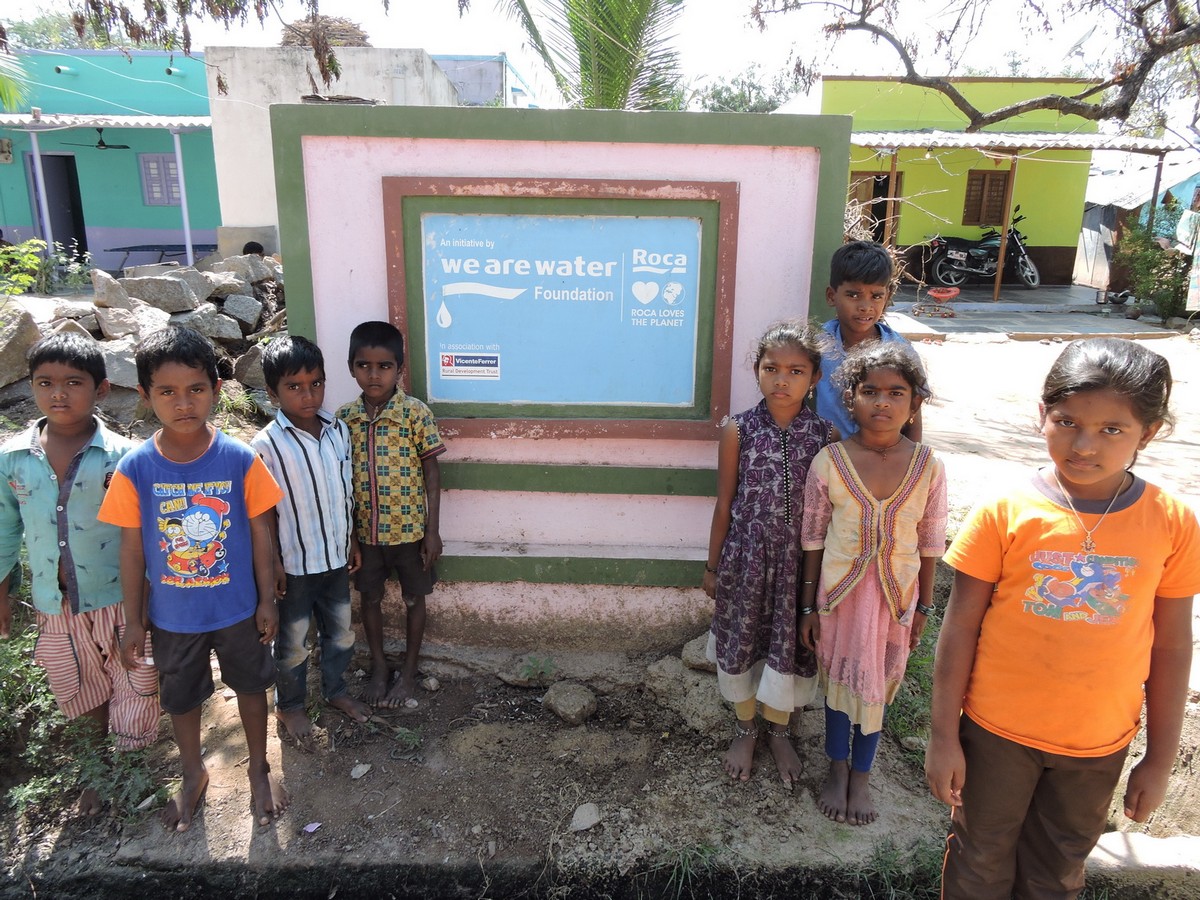
From the perspective of the Foundation’s more than 100 projects, Garriga emphasized the importance of thoroughly understanding the needs of the most vulnerable communities facing water scarcity to establish strategies.
The Experience of “Let’s Make a Deal” and “Smart Water”
The Foundation’s director expressed confidence in the change taking place in the private sector regarding the adoption of sustainability as an economic and human asset, using the tourism sector as one of the pioneers in adopting ESG (Environmental, Social, and Governance) criteria. Specifically, Garriga explained the experience of the “Let’s Make a Deal” initiative with Diamond Resorts, which currently continues with the “Walkathons for Water” with Hilton Grand Vacations.
“The ‘Let’s Make a Deal’ initiative extends Hilton’s commitment to sustainability to its guests, inviting them to save water and energy during their stay. The initiative’s success is significant: we save tons of water, and most importantly, the donations from the guests themselves have been allocated to our projects,” Garriga highlighted, emphasizing the increasing number of potential conscious customers in the tourism sector: “They demand destinations with minimal environmental impact that respect the local culture.”
The Smart Water platform, developed by the Foundation, is another success story involving key professionals in the future of water and sanitation: architects, urban planners, engineers, and designers are key players in constructing the world to come and are the most active links with the private sector. The conclusions of the platform’s debates confirm that sharing ideas and collaborating with the maximum amount of information provides effective solutions to the threats of water scarcity stemming from drought in urban settings. This same model applies to the abandoned rural world.
As the Foundation’s director pointed out: “The lack of water concerns and affects us all: governments, the public sector, the private sector, and all of civil society. We face a huge challenge that calls on us as a society. At the same time, we have a unique opportunity for collaboration that will undoubtedly shape our future.“
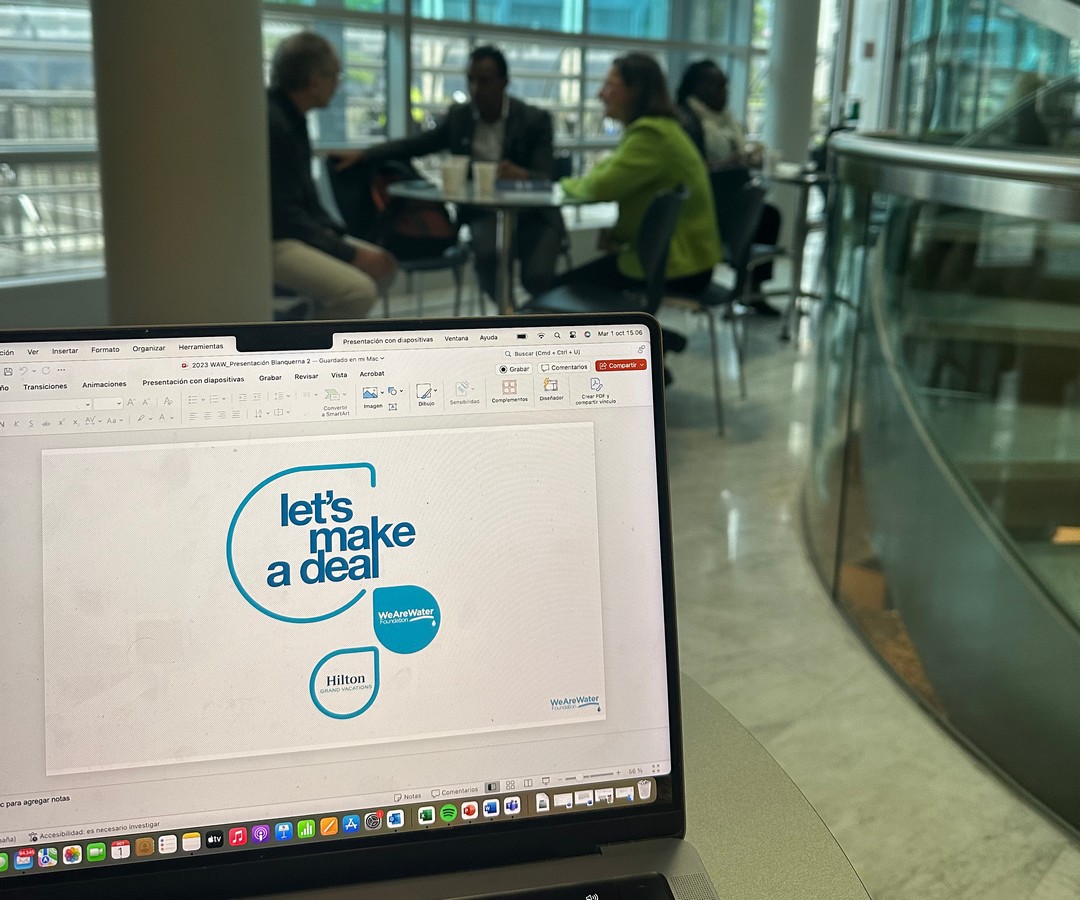
The Foundation’s director expressed confidence in the change taking place in the private sector regarding the adoption of sustainability as an economic and human asset, using the tourism sector as one of the pioneers in adopting ESG (Environmental, Social, and Governance) criteria.


